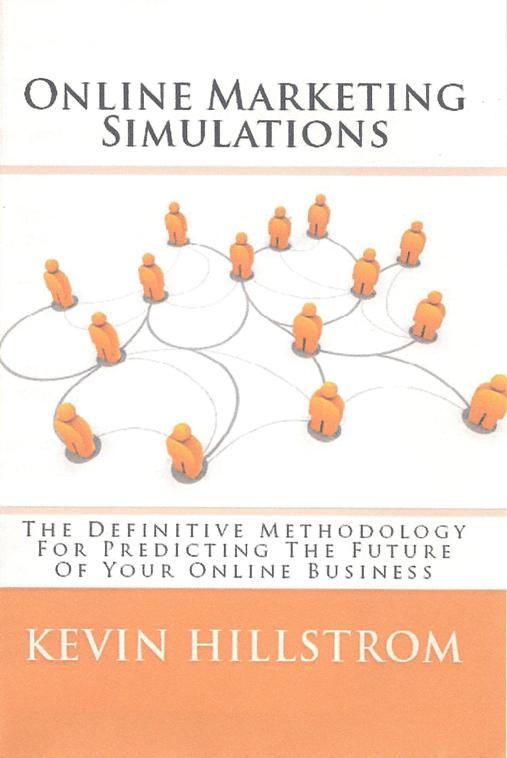The Marketing Digital Divide And The Catalog Industry
In the first quarter of 2007, sales of music compact disks declined by twenty percent verses last year, as consumers continue to abandon album-based compact disks in favor of ala-carte purchases/sharing of digital music files.
The music industry strongly believes that free file sharing is responsible for the decline in CD sales. The labels are flexing their muscles where they can, to maintain their system of monetizing music even if it means heavily penalizing a new channel where music fans are enjoying music.
The crash of television and radio, the ascension of the internet, and the convenience of the iPod changed the music industry forever. Multichannel Forensics suggest that consumers "transfered" their behavior from CDs to MP3s during the late 1990s through the past few years.
Once consumers landed in a new world of music, they stayed there. In Multichannel Forensics, we call this "isolation". No matter how hard the music industry tries to bring consumers back to the old method of monetized music, the effort is futile. Consumers have moved on.
As consumers, we have a unique, God-given ability to identify trends in the marketplace. We can literally see the future, and react accordingly.
As business leaders, we have a unique, God-given ability to identify trends in the marketplace. We can literally see the future. However, we don't react accordingly. Instead, we dig in our heels, and demand that consumers and business partners come back to our way of thinking.
My beloved catalog industry falls into this category. Our customers can see the future, and are anywhere between 20% and 80% of the way toward evolving their behavior. At this time, customers are generally in "equilibrium" --- the state where they go back and forth between channels. They use catalogs and purchase over the telephone. They use catalogs and purchase on our websites. They ignore our marketing activities, use Google, and purchase on our sites. The combine our marketing activities with Google, and purchase on our sites.
Google recognizes this, and gobbles up properties that allow them to have an end-to-end marketing relationship with our future customers. Their version of an end-to-end marketing relationship does not include paper.
Over the next five years, our catalog customers will leave "equilibrium" mode, shifting to "transfer" mode. They will define a new way of interacting with brands, a new way of shopping. When that happens, what will become of what has been known for more than a hundred years as "the catalog industry"?
We can dig our heels in, and continue lauding the importance of sending paper to our customers as a way of generating sales. In this process, we must fight postal reform.
We can also give up. We can sell our businesses, getting out before big changes happen.
Or we can build a five-year plan for the future of our industry. We can be like a pilot, who takes an airplane down from 30,000 feet to a gentle landing. We can work with our customers as we reduce our dependence upon catalogs, building an infrastructure that allows customers to pull information from us.
We must thoroughly evaluate how Zappos, Endless, Piperlime, Blue Nile, and Amazon drive sales without paper. We need to emulate what they do well. We need to use our experience to capitalize on what they don't do well. We must chart a path to the future.
Folks in the music industry are actively talking about a path to the future. It's our turn to do the same. It will require a leap of faith, right over that pesky Marketing Digital Divide.
Labels: Amazon, Blue Nile, Endless.com, equilibrium, isolation, Marketing Digital Divide, Multichannel Forensics, Piperlime, transfer, Zappos



